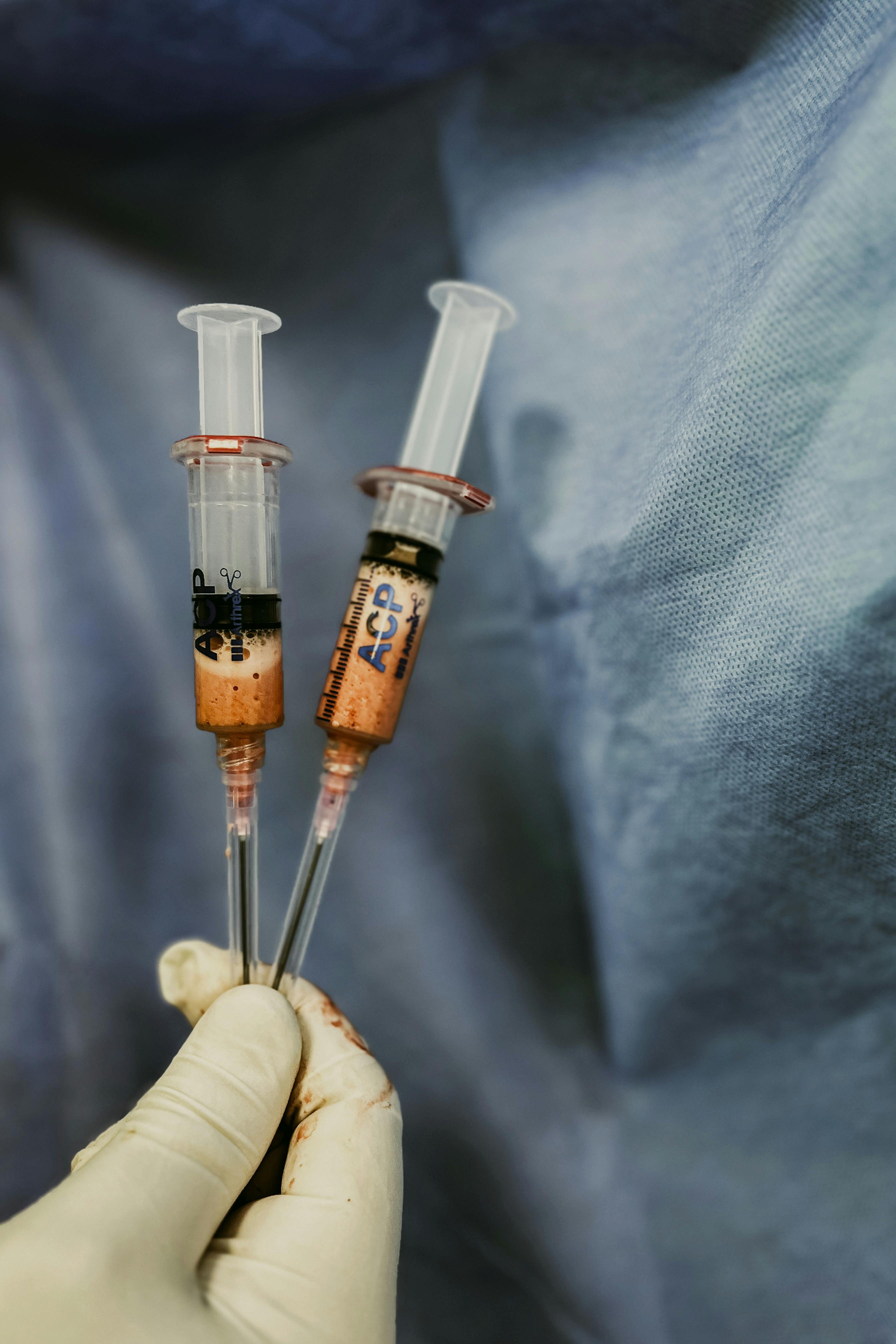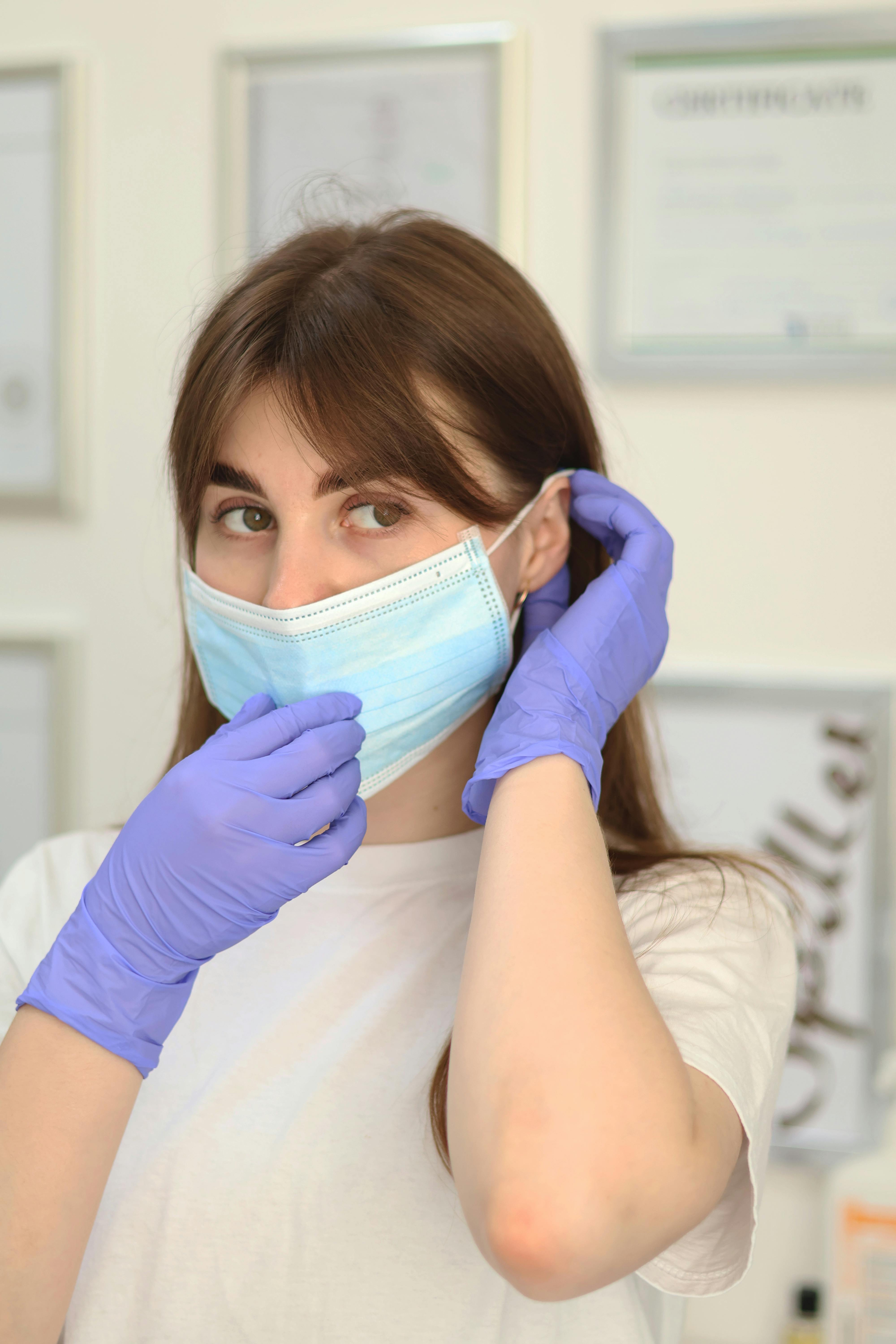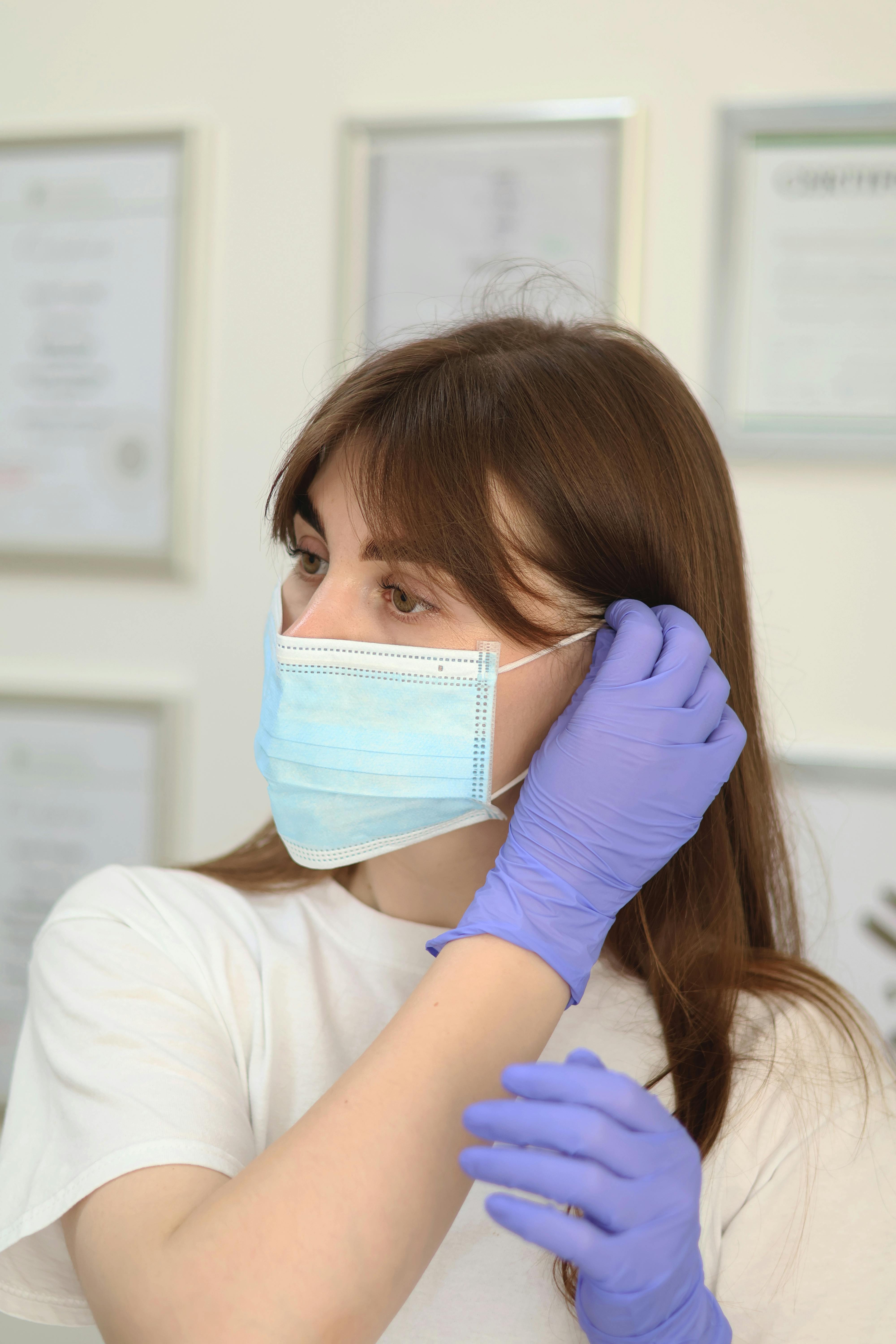You’ve probably heard of homeopathy before, but do you really know what it is? Homeopathy is a form of alternative medicine that believes in the principle of “like cures like,” meaning that a substance that causes symptoms in a healthy person can be used to treat similar symptoms in a sick person. This practice, which has been around for over 200 years, involves using highly diluted substances to stimulate the body’s natural healing abilities. Despite its popularity, homeopathy remains a controversial topic in the medical community, with some praising its holistic approach and others dismissing it as nothing more than placebo. So, is homeopathy a promising solution or just a placebo effect? Let’s take a closer look.

What is Homeopathy?
Homeopathy is a holistic system of medicine that focuses on treating the whole person rather than just the disease. It was developed in the late 18th century by Samuel Hahnemann, a German physician. Homeopathy is based on the principle that “like cures like,” meaning that a substance that can cause symptoms in a healthy person can be used to treat similar symptoms in a sick person. Homeopathic remedies are made from natural substances and are highly diluted to minimize toxicity.
History of Homeopathy
The history of homeopathy dates back to the late 18th century when Samuel Hahnemann introduced the concept of “like cures like.” Hahnemann was dissatisfied with the harsh medical practices of his time and began experimenting with highly diluted substances to treat patients. The popularity of homeopathy grew rapidly in the 19th century, and it became a widely accepted form of medicine. However, with the advancement of modern medicine, homeopathy faced criticism and its popularity declined. Nevertheless, it continues to be practiced and valued by many individuals today.
Principles of Homeopathy
Homeopathy is based on several key principles. The first principle is the Law of Similars, which states that a substance that can produce certain symptoms in a healthy person can be used to treat similar symptoms in a sick person. This concept is based on the idea that the body has a natural ability to heal itself. The second principle is the Principle of Minimum Dose, which suggests that the more diluted a substance is, the more potent it becomes. Homeopathic remedies are diluted to such an extent that they may not contain any molecules of the original substance, yet they still retain the energetic properties. The third principle is the Vital Force, which refers to the body’s innate energy or life force. Homeopathy aims to stimulate and restore this vital force to promote healing. Lastly, Individualization of Treatment is a fundamental principle in homeopathy, which recognizes that each person is unique and requires personalized treatment based on their individual symptoms and overall health.
Key Concepts in Homeopathy
In addition to the principles mentioned above, there are several key concepts that are important to understand in homeopathy. The first concept is the idea of the totality of symptoms, meaning that all the physical, mental, and emotional symptoms are taken into consideration while prescribing a homeopathic remedy. The second concept is the concept of layers of suppression, which suggests that symptoms may shift or resurface during the homeopathic treatment as the body releases and heals past imbalances. The third concept is the concept of cure from within, which emphasizes the body’s ability to heal and restore balance on its own. Homeopathy aims to support and stimulate this natural healing process.
How Does Homeopathy Work?
Homeopathy works by stimulating the body’s own healing mechanisms. It is believed that homeopathic remedies help to restore the body’s vital force, which in turn promotes healing on a physical, mental, and emotional level. Homeopathic remedies are prepared using a process called potentization, where the original substance is diluted and succussed (shaken vigorously) to create the final remedy. This process is thought to release the energetic properties of the substance, making it more potent and effective.
The Law of Similars
The Law of Similars, also known as “like cures like,” is a fundamental principle in homeopathy. It suggests that a substance that can cause symptoms in a healthy person can be used to treat similar symptoms in a sick person. For example, if a person experiences frequent sneezing and watery eyes due to allergies, a homeopathic remedy made from Allium cepa (onion) may be prescribed because onions can cause similar symptoms when ingested.
The Principle of Minimum Dose
The Principle of Minimum Dose is another important principle in homeopathy. It states that the more diluted a substance is, the more potent it becomes. Homeopathic remedies are highly diluted to the point where the original substance may no longer be detectable. This process is believed to enhance the energetic properties of the substance while avoiding any potential toxicity. The dilution process is often repeated several times, making the final remedy highly diluted yet energetically potent.
The Vital Force
The Vital Force refers to the body’s innate energy or life force. According to homeopathy, disease is a result of an imbalance or disturbance in this vital force. Homeopathic remedies are believed to stimulate and restore the vital force, which then triggers the body’s natural healing mechanisms. By addressing the underlying imbalance rather than just treating the symptoms, homeopathy aims to promote long-term healing and overall well-being.
Individualization of Treatment
One of the key concepts in homeopathy is the individualization of treatment. Homeopathic remedies are prescribed based on the individual’s unique symptoms and overall health. A homeopathic practitioner considers not only the physical symptoms but also the mental and emotional aspects of the person. This personalized approach ensures that the treatment addresses the specific needs of each individual, leading to optimal healing outcomes.

Common Homeopathic Remedies
Homeopathy offers a wide range of remedies for various ailments. These remedies are made from natural substances and are highly diluted to maximize their efficacy and minimize any potential side effects. Here are some of the common homeopathic remedies:
Arnica Montana
Arnica Montana is perhaps one of the most well-known homeopathic remedies. It is often used for bruising, muscle soreness, and other physical trauma. Arnica is believed to promote healing and reduce inflammation when applied topically or taken orally.
Belladonna
Belladonna is derived from the deadly nightshade plant. It is commonly used for fever, headache, and various inflammatory conditions. Belladonna is believed to have a calming and fever-reducing effect on the body.
Calendula
Calendula, also known as marigold, is a popular remedy for skin conditions such as cuts, scrapes, and burns. It is believed to have antimicrobial and wound-healing properties, making it effective in promoting skin regeneration.
Ignatia
Ignatia is commonly used for emotional ailments such as grief, sadness, and emotional trauma. It is believed to help with emotional healing and balance by addressing the underlying emotional imbalances.
Nux Vomica
Nux Vomica is derived from the seeds of the Strychnos nux-vomica tree. It is often used for digestive issues, such as indigestion, heartburn, and constipation. Nux Vomica is believed to help regulate and restore the digestive system.
Homeopathy and Its Critics
Despite its popularity among many individuals, homeopathy has faced criticism and skepticism from various quarters. Critics argue that homeopathy lacks scientific evidence, relies on a placebo effect, and faces regulatory challenges. It is important to consider these perspectives while evaluating the efficacy and safety of homeopathy.
Skepticism and Misunderstanding
One of the main criticisms of homeopathy is skepticism and misunderstanding. Many skeptics argue that homeopathic remedies are nothing more than placebos and that any perceived benefits are due to the natural course of healing or the placebo effect. They claim that homeopathy’s principles and dilutions defy fundamental principles of physics and chemistry. However, proponents of homeopathy contend that its effectiveness cannot be explained solely by the placebo effect and that individual experiences and positive outcomes cannot be dismissed.
Lack of Scientific Evidence
Another criticism of homeopathy is the lack of scientific evidence to support its efficacy. Critics argue that the available studies on homeopathy often suffer from methodological flaws, making it difficult to draw conclusive evidence regarding its effectiveness. They argue that homeopathy’s remedies are highly diluted to the point of containing little to no active molecules, making it unlikely to have any therapeutic effect beyond a placebo response. However, proponents of homeopathy argue that there is a body of research and clinical evidence that supports its efficacy, highlighting the need for further scientific exploration and understanding.
Regulatory Challenges
The regulatory landscape for homeopathy varies across different countries. Critics argue that homeopathic remedies are often marketed and sold without proper regulation or oversight, leading to inconsistent quality and safety standards. They also express concern about the potential for misdiagnosis and delayed access to evidence-based treatments due to reliance on homeopathic remedies. Proponents of homeopathy, on the other hand, believe that regulating homeopathy in the same manner as conventional medicine may not be appropriate or necessary, emphasizing the need for appropriate standards and guidelines specific to homeopathy.

Homeopathy around the World
Homeopathy has gained significant popularity in many parts of the world, particularly in Europe. It is recognized and integrated into healthcare systems in several countries, and there are dedicated homeopathy organizations that promote and support its practice.
Popularity in Europe
Homeopathy is widely practiced and accepted in many European countries. Germany, France, and the United Kingdom have a long-standing tradition of incorporating homeopathy into their healthcare systems. In countries like Spain, Portugal, and the Netherlands, homeopathy is also popular and has a strong presence. The popularity of homeopathy in Europe is often attributed to its historical roots, cultural acceptance, and the availability of qualified homeopathic practitioners.
Integration into Healthcare Systems
In several countries, homeopathy has been integrated into national healthcare systems. For example, in the United Kingdom, homeopathy is offered through the National Health Service (NHS) in certain clinics and hospitals. In France, homeopathic treatments are covered by the national health insurance system. These integrations have allowed patients to have access to homeopathic treatments alongside conventional medicine, providing them with more options for their healthcare needs.
Homeopathy Organizations
There are numerous organizations dedicated to promoting and supporting homeopathy around the world. These organizations advocate for the practice of homeopathy, provide educational resources, and support research and development in the field. Some well-known homeopathy organizations include the National Center for Homeopathy (NCH) in the United States, the European Committee for Homeopathy (ECH) in Europe, and the Liga Medicorum Homoeopathica Internationalis (LMHI), which is a global federation of homeopathy associations.
Safety and Side Effects
Homeopathy is generally considered to be safe, as the remedies are highly diluted and the risk of toxicity is minimized. However, it is important to note that individual reactions to homeopathic remedies may vary, and some individuals may experience adverse effects or interactions with traditional medicine.
Placebo Effect
The placebo effect is an important consideration when evaluating the safety and efficacy of homeopathy. Some researchers argue that the perceived benefits of homeopathic remedies are due to the placebo effect, where the belief in the treatment results in a positive outcome. However, proponents of homeopathy argue that the placebo effect does not fully explain the observed positive outcomes, as homeopathy has been shown to be effective in infants, animals, and even in clinical trials where the patient is unaware of the treatment received.
Adverse Effects
While homeopathy is generally considered safe, some individuals may experience adverse effects or sensitivities to certain remedies. These adverse effects are typically minor and temporary, such as a temporary worsening of symptoms or mild digestive discomfort. However, it is important to consult with a qualified homeopathic practitioner if any adverse effects are experienced.
Interactions with Traditional Medicine
It is important to consider potential interactions between homeopathic remedies and traditional medicine. Homeopathic remedies are generally safe to use alongside conventional treatments, but it is recommended to consult with a healthcare professional, especially if you have any pre-existing medical conditions or are taking prescription medications. It is essential to ensure that any potential interactions or contraindications are understood before incorporating homeopathy into your healthcare regimen.
Comparing Homeopathy to Conventional Medicine
Homeopathy and conventional medicine have different approaches to treatment, and it is important to understand their differences and similarities.
Approaches to Treatment
Conventional medicine focuses on treating specific symptoms or diseases using pharmaceutical drugs or surgery. It often targets the immediate problem and aims to provide relief or cure through intervention. Homeopathy, on the other hand, takes a holistic approach, considering the individual as a whole and seeks to stimulate the body’s own healing mechanisms. It aims to address the underlying causes of the symptoms, rather than just suppressing the symptoms themselves.
Efficacy and Safety
When it comes to evaluating the efficacy and safety of homeopathy compared to conventional medicine, opinions and research findings differ. Proponents of homeopathy argue that it can be effective for a wide range of conditions and is safe to use. However, critics argue that the evidence for homeopathy’s effectiveness is limited and that the observed positive outcomes can be attributed to other factors such as the placebo effect or the natural course of healing.
Complementary or Alternative?
Homeopathy can be considered both a complementary and alternative approach to healthcare. It can be used alongside conventional medicine as a complementary therapy to enhance overall well-being and support the body’s healing mechanisms. Some individuals may choose to use homeopathy as an alternative to conventional medicine, either due to personal beliefs, preferences, or dissatisfaction with conventional treatments. It is important to consider individual needs and consult with healthcare professionals to determine the most appropriate approach for your healthcare needs.
Homeopathy for Common Ailments
Homeopathy can be used to address a variety of common ailments. While the effectiveness of homeopathy may vary depending on individual responses, it may provide relief for conditions such as:
Colds and Infections
Homeopathic remedies can be used to help relieve symptoms associated with colds, such as nasal congestion, sore throat, and cough. Remedies like Aconitum napellus and Gelsemium may be used depending on the specific symptoms and individual presentation.
Allergies and Asthma
Homeopathy offers a range of remedies for allergies and asthma. Common remedies include Allium cepa for hay fever, Arsenicum album for allergies with respiratory symptoms, and Natrum muriaticum for allergies with emotional manifestations.
Digestive Disorders
Homeopathy can be effective in addressing digestive disorders such as indigestion, heartburn, and irritable bowel syndrome (IBS). Remedies like Nux Vomica, Lycopodium, and Carbo vegetabilis may be recommended by a homeopathic practitioner based on the individual’s symptoms and overall health.
Musculoskeletal Conditions
Homeopathy can also provide relief for musculoskeletal conditions such as arthritis, back pain, and sports injuries. Remedies like Bryonia, Rhus toxicodendron, and Ruta graveolens may be used depending on the specific symptoms and individual presentation.
Choosing a Homeopathic Practitioner
When choosing a homeopathic practitioner, it is important to consider their professional qualifications, experience, and approach to treatment. Here are some factors to consider:
Professional Qualifications
Look for a homeopathic practitioner who has completed a comprehensive homeopathic education program from a reputable institution. They should have a professional license or certification that demonstrates their training and competency in homeopathy. Membership in a recognized homeopathy organization can also indicate their commitment to high professional standards.
Finding a Licensed Practitioner
In some countries, homeopathy is regulated, and homeopathic practitioners are required to have a license to practice. Check with your local regulatory authority or homeopathy organization to find a licensed practitioner in your area.
Personal Recommendations
Seek recommendations from trusted sources, such as friends, family, or healthcare professionals who have had positive experiences with a particular homeopathic practitioner. Personal recommendations can provide valuable insights into the practitioner’s approach, effectiveness, and overall patient satisfaction.
Conclusion
Homeopathy is a unique and holistic approach to healthcare that aims to stimulate the body’s own healing mechanisms. It is based on the principles of “like cures like,” minimum dose, restoring the vital force, and individualized treatment. Despite facing skepticism and lacking scientific evidence according to some critics, homeopathy has gained significant popularity in many parts of the world, especially in Europe, and is integrated into healthcare systems in certain countries. It offers a range of remedies for common ailments, and while its efficacy and safety may vary for individuals, it can be used as a complementary or alternative approach to conventional medicine. When considering homeopathy, it is essential to consult with a qualified practitioner and take into account individual needs and preferences.
